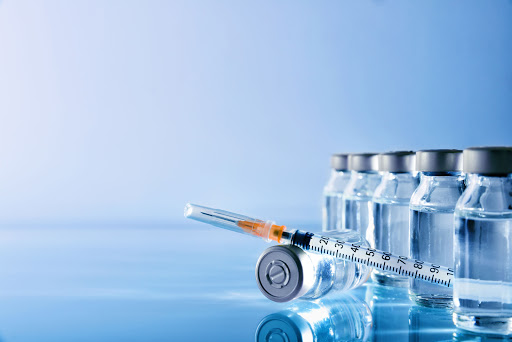Shingles, a painful condition caused by the varicella-zoster virus, affects many in South Africa, particularly the elderly and those with weakened immune systems. The discontinuation of the Zostavax vaccine in the country has left many vulnerable individuals without access to a preventive measure against this debilitating illness. While a more effective vaccine, Shingrix, is available in other countries, it is yet to be registered in South Africa, creating a significant gap in shingles prevention.
Prof Jeremy Nel, an infectious disease specialist, highlights the severity of shingles, emphasizing the importance of avoidance if possible. The introduction of Shingrix by GlaxoSmithKline in the US has shown superior efficacy compared to Zostavax, leading to the latter’s discontinuation globally. However, the unavailability of Shingrix in South Africa has forced those seeking protection against shingles to navigate the complex process of obtaining section 21 authorizations for importation, a costly and time-consuming endeavor.
The pricing disparity between countries like the US, where the cost of the Shingrix vaccine is significantly lower, raises questions about accessibility and affordability in South Africa. Equity Pharmaceuticals plays a crucial role in importing Shingrix for individuals granted section 21 approvals, though details about pricing remain unclear. The lack of regulation on section 21 pricing adds another layer of complexity to the issue, with various factors influencing the final cost to consumers.
The implications of not vaccinating against shingles extend beyond individual health, impacting the healthcare system as a whole. The risk of developing shingles increases with age, highlighting the importance of preventive measures for older adults. While the US CDC recommends the Shingrix vaccine for all adults over 50, South Africa lacks clear guidelines on shingles vaccination, leaving many at risk of this painful condition.
Recent studies suggest that besides preventing shingles and its complications, the shingles vaccine may also have additional health benefits. Research indicates a potential link between shingles vaccination and a reduced risk of developing dementia and heart disease, underscoring the broader impact of preventive healthcare measures.
In conclusion, the unavailability and high cost of the shingles vaccine in South Africa pose significant challenges for individuals at risk of this painful condition. Addressing the barriers to access and affordability, along with establishing clear guidelines for vaccination, are crucial steps towards mitigating the impact of shingles on public health. As the global healthcare landscape evolves, ensuring equitable access to preventive measures like the shingles vaccine becomes increasingly imperative for promoting overall well-being and reducing the burden of preventable diseases.

